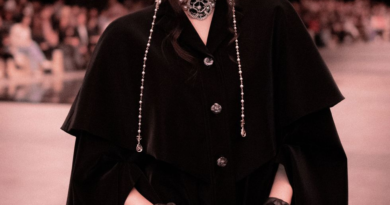The 15 Best Hair Growth Serums for a Fuller Mane

Rosdiana Ciaravolo
Excessive shedding and hair loss are quite common. Thankfully, the best hair growth serums can help reduce the appearance of sparseness stemming from a variety of causes.
Unlike hair growth shampoos and oil-based formulas, hair growth serums are leave-in treatments that penetrate the scalp. Essentially, they’re formulated with more active ingredients, explains trichologist and founder of Act+Acre Helen Reveay. To be clear, though, they’re not the ultimate fix. “Many over-the-counter hair growth serums won’t significantly increase hair growth,” says cosmetic dermatologist Dr. Michele Green. “For the best results, they can be used in conjunction with other methods, such as platelet-rich plasma injections and oral medications. However, their performance does depend on the specific ingredients included,” she adds.
The most potent types contain minoxidil, which Dr. Green notes is the only topical FDA-approved ingredient shown to be effective in triggering new hair growth. “Backed by decades of clinical research, it works by increasing hair follicle size and stimulating the anagen, or growth phase, of the hair cycle,” she explains.
Meanwhile, hair growth serums without minoxidil may use a range of ingredients aimed at maintaining scalp health. “This helps encourage the hair follicles to grow healthier, thicker strands and can make the hair look fuller,” she says. “For example, glycerin is a humectant that has the ability to bind water, so it delivers necessary moisture to the skin.” According to Reveay, other beneficial ingredients include plant stem cells, peptides, caffeine, rosemary, ginger root, red leaf clover, and basil leaf. “They’re all rich in antioxidants and can stimulate the scalp, increasing blood flow and promoting healthy growth,” she says.
Ahead, we tapped our experts and dozens of customer reviews to gather the best hair growth serums that are actually worth your money.
Advertisement – Continue Reading Below
Advertisement – Continue Reading Below




